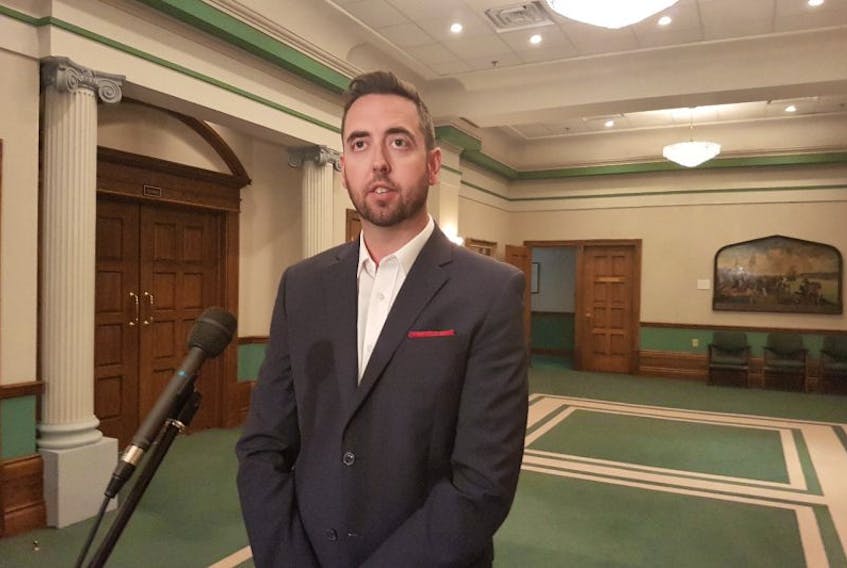In documents filed with the court, the government argues that the Access to Information and Protection of Privacy Act (ATIPPA) requires the government to release government employees’ names and salaries when they receive a formal request.
In documents filed with the Court of Appeal, the government argues that the trial judge who first heard the case got it wrong when it comes to the interpretation of the law, as well as some of the basic facts of the case.
All of this comes back to The Telegram’s sunshine list project in 2016, when the newspaper tried to create a list of public employees earning more than $100,000 by filing ATIPPA requests to various government bodies.
Some agencies handed over the information, but the four health authorities and the Newfoundland and Labrador English School District released only job titles and remuneration, holding back the names pending consultation with employees.
Ultimately, the case was taken to Newfoundland Supreme Court and heard before Justice Gillian Butler.
The arguments in the courtroom hinged on the interpretation of Section 40 of the act, an enormous 862-word chunk of law containing five sections, dozens of subsections and more than a few sub-subsections.
The argument came down to a question of how those various subsections interact with each other.
Butler sided with the Newfoundland and Labrador Teachers’ Association (NLTA), ruling that on the balance of public interest, releasing pay information was acceptable, but releasing names was an unreasonable invasion of privacy.
The government says Butler got it wrong, and her interpretation would neuter the spirit of the law.
“This would take the teeth out of Section 40(2), rendering it an essentially useless section for those members of the public who wish to know to whom their tax dollars are being given,” the government said in its appeal court filing.
The government also argued this sets up a ridiculous situation in which some people are identifiable because there’s only one person filling a given job — say, deputy minister or director of communications — but other positions where there are many people, like government lawyers or policy analysts, have their privacy protected.
To an extent, the specific case is moot because the government passed a separate law last year requiring an official, formal sunshine list of employees earning more than $100,000 to be released every year from now on.
But the government’s court filings argue this case goes beyond the specifics of just the one request, and has implications for the release of other kinds of information.
“Obviously when you look at our sunshine list legislation, even though it has very similar thought processes behind it, it is a separate piece of legislation,” Justice Minister Andrew Parsons said. “This comes down to the interpretation of ATIPPA, and it’s our opinion that the original decision was not the proper interpretation.”
In an emailed statement, the NLTA, which led the original fight against releasing the names of public-sector workers, said it will continue to argue its position at the Court of Appeal.
“The Newfoundland and Labrador Teachers’ Association is aware of government’s appeal regarding the recent court decision concerning the sunshine list and the release of personal information,” the union said. “Our concerns were upheld in court and the NLTA remains committed to the position that legislation designed to protect the release of personal information should not be used to release personal information. As a party in these proceedings, the NLTA has responded to the appeal.”









